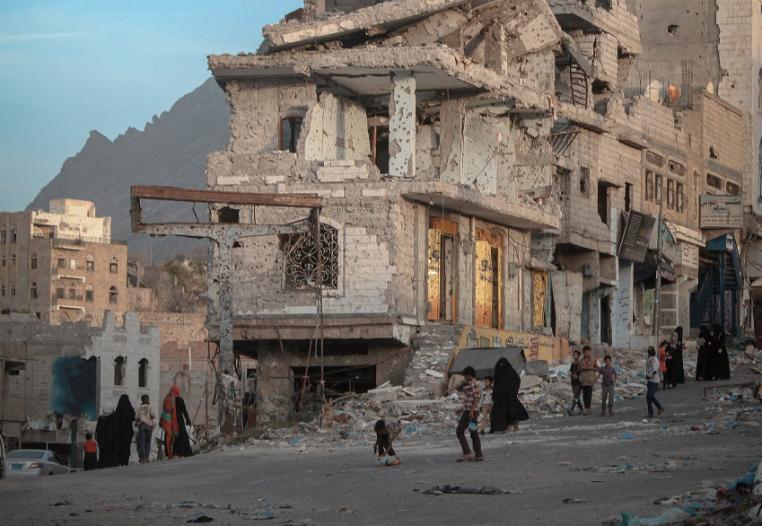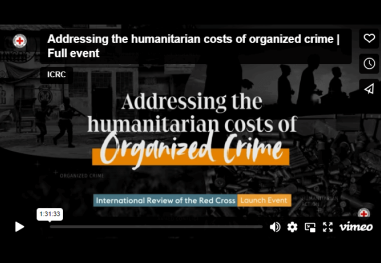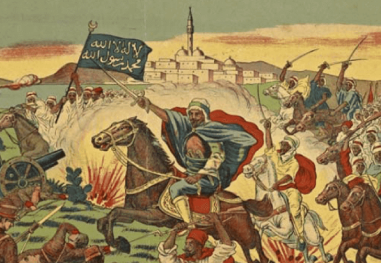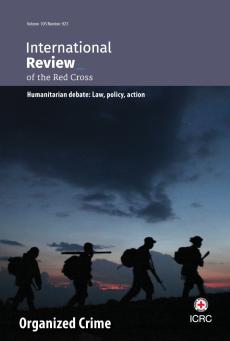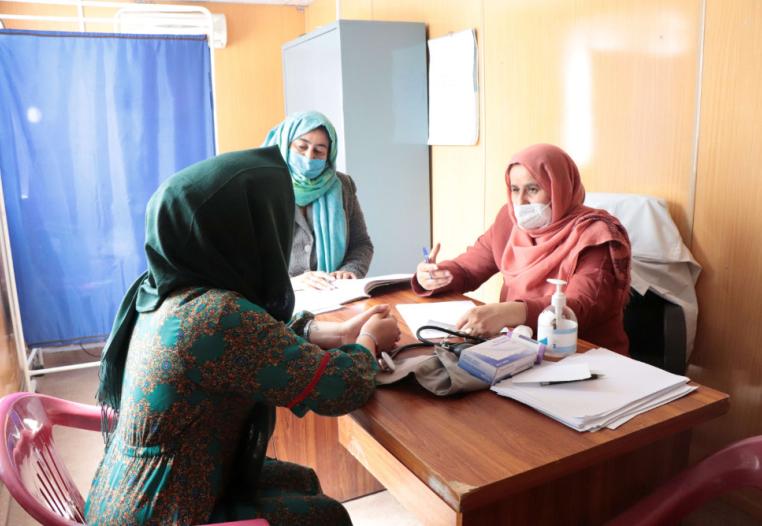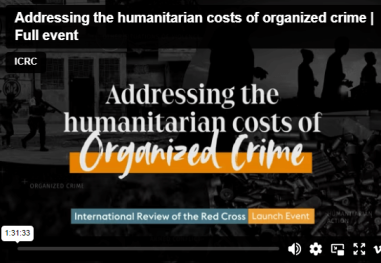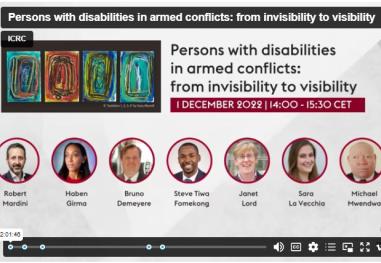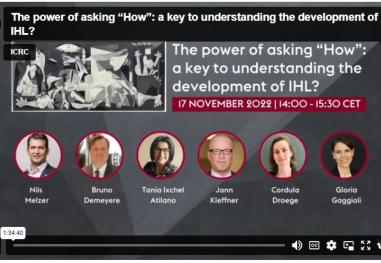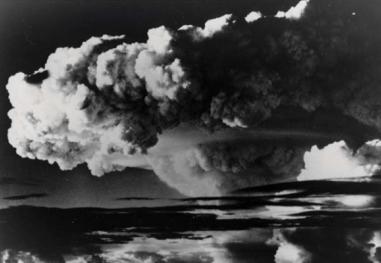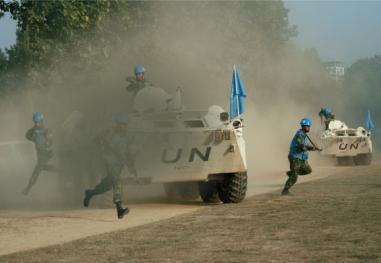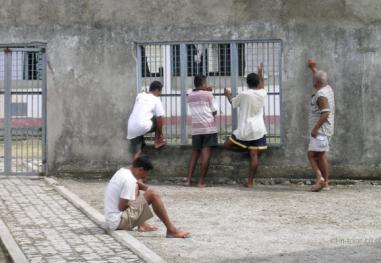IRRC No. 924
27 articles
Protecting the Environment in Armed Conflict
The specific legal protection of the environment during armed conflict is a relatively recent development in the context of international humanitarian law. Still, modern understandings of the environment and of the multi-layered and diverse threats that armed conflict poses to it have significantly advanced. This issue of the International Review of the Red Cross delves into the many ways that conflict can adversely impact the environment – and into how the existing international legal framework protects against these impacts.
Issue highlights and related materials
Previous Reviews


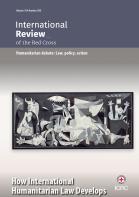



Humanitarian Law & Policy blog
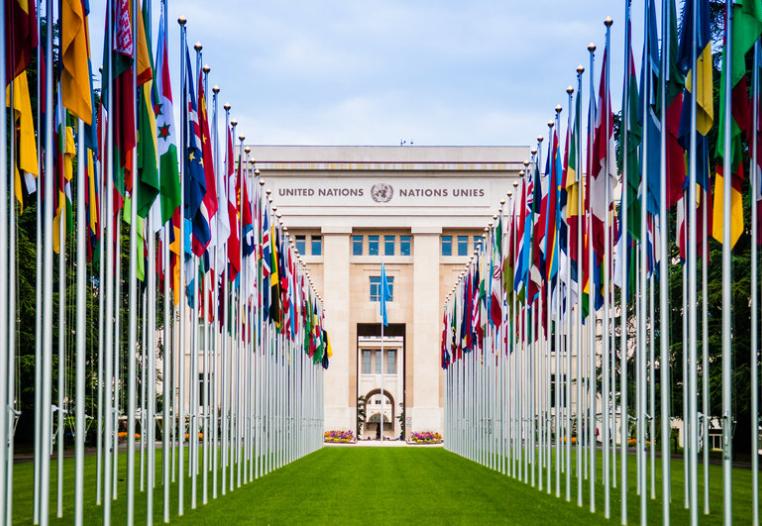
ICRC Blog
5 days 14 hours ago
The road less travelled: ethics in the international regulatory debate on autonomous weapon systems
